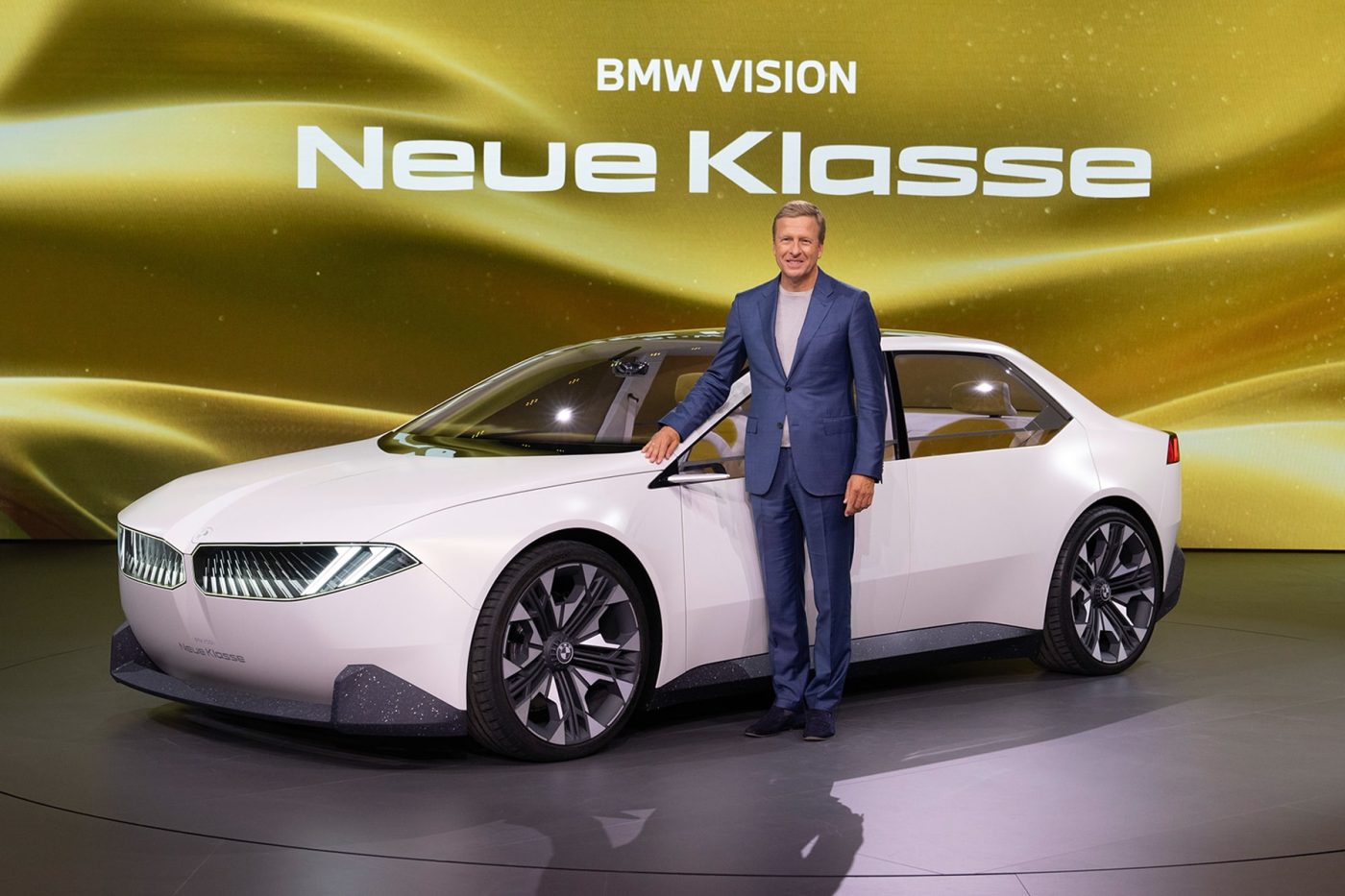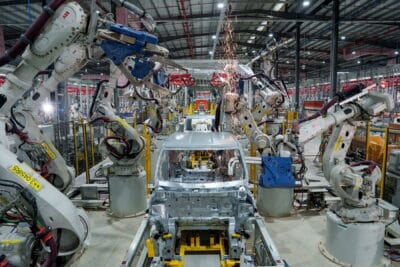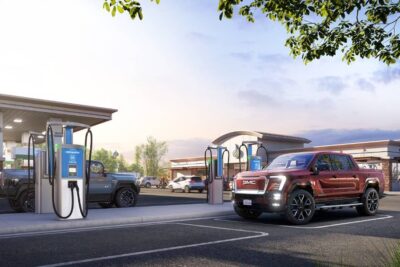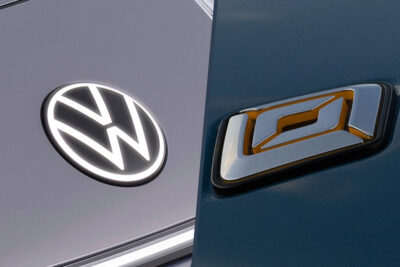BMW boss Zipse wants to stick to CO2 targets for 2025
The BMW CEO has already stated several times that he believes an ICE phase-out in the EU from 2035 (even if it does not de facto ban combustion engines) is wrong. Even within the conservative European People’s Party (EPP), the issue polarises: the EPP group in the EU Parliament wants to reverse the measure – even though EU Commission President Ursula von der Leyen – who is a member of the EPP – introduced the regulation in the first place as part of her ‘Green Deal.’ Conservative circles often call for a softening or postponement of the CO2 targets for 2025 in addition to scrapping the phase-out in 2035.
While Zipse continues to speak out in favour of remaining open to all technologies in an interview with Automobilwoche, he rejects calls for the CO2 targets for 2025 to be postponed. “We have known the targets set for 2025 since 2019, and we have aligned our model policy accordingly and further increased the efficiency of the powertrains,” said Zipse. It is not just about electric mobility but also areas such as aerodynamics, drivetrains and brakes. “Almost all of BMW’s combustion engines now work with 48-volt technology. You have to invest in this in good time – otherwise, as a manufacturer, you are not prepared for the new regulations,” says Zipse. “We see no reason to postpone the CO2 targets for 2025.”
However, Zipse believes the ‘combustion engine ban’ in the EU from 2035 is a mistake. It “curtails successful technologies but does not create sufficient investment in new paths and technologies to achieve Europe’s climate targets,” said the BMW CEO. Technological openness is “the key to Europe’s competitiveness.” The regulation often referred to as the ‘combustion engine ban’ is actually open to different technologies, as long as the vehicle’s CO2 emissions are zero (keyword: e-fuels). However, Zipse sees it as the antithesis of a policy he calls for, which “creates the framework conditions to promote progress and economic growth – instead of erecting additional barriers.”
For example, he calls for individual regulatory initiatives to be ‘’synchronised better […] The CO2 regulation for new cars is decoupled from the Renewable Energy Directive, which regulates the carbon footprint of fuels, for example. Why is the mineral oil industry not subject to more demanding CO2 targets for fuels?” asks the BMW boss. “It would then have to increase the proportion of low-CO2 or carbon-neutral fuels, such as E25 or HVO100.”
The BMW boss defends the decision to launch a series vehicle with a hydrogen fuel cell in 2028 – other car manufacturers have significantly scaled back their fuel cell activities. “The decision is based on an analysis of what is happening in the global markets: Where are the regulations heading, and what do customers expect?” said Zipse. BMW has come to different conclusions than car manufacturers not pursuing the fuel cell as a further technology path. However, Zipse sees certain synergies with battery electric cars: “The advantage is that we can utilise very similar installation spaces with the fuel cell as in electromobility, which many underestimate. We are happy to take on a pioneering role with Toyota.”
However, the fuel cell will be limited to one model for now. The situation is entirely different for battery-electric cars, where BMW offers a battery-electric version of almost every model. With the Neue Klasse platform, which will debut in 2025 with an X3-style electric SUV, BMW is about to make a major technological leap. Zipse sees good timing: “The year 2025 is the perfect time for this because we would have introduced the next generation of many technologies anyway. In combination with a new architecture, completely new possibilities are opening up – just in time for the further ramp-up of electric mobility.” One should “not be irritated by the debate in Germany.” He attributes the current registration figures to the discontinuation of the BEV subsidy. “Electric mobility will remain our strongest growth driver for the next few years – also and especially because of the Neue Klasse,” says Zipse.
automobilwoche.de (in German)





0 Comments